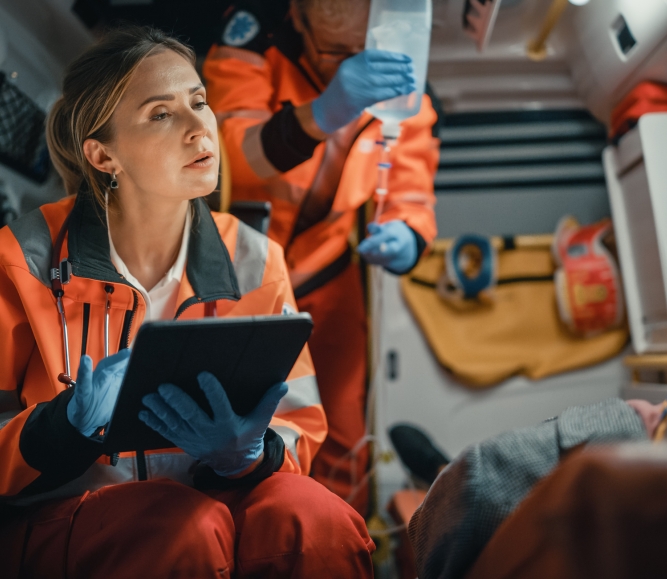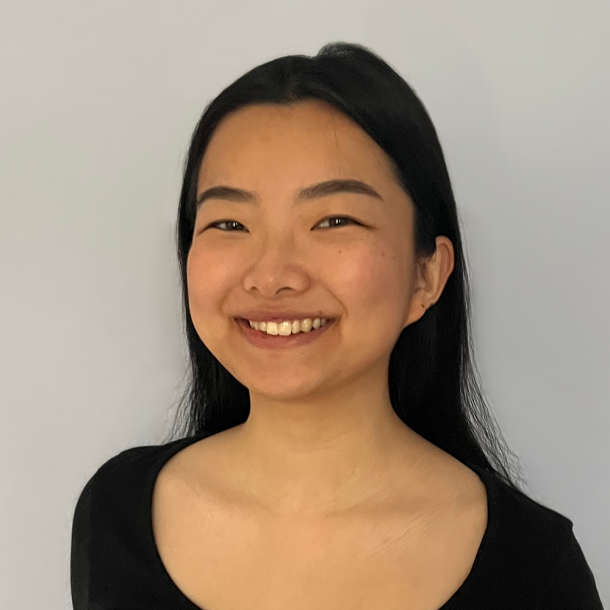King County school offers students a route to sobriety
Key Takeaways
Walking into Seattle Public Schools Interagency Recovery Campus is like stepping into any other high school building. The familiar buzz of student chatter echoing off the linoleum floors conjures a familiar image to anyone who’s attended one of America’s thousands of other public schools.
So familiar that a visitor might overlook a wooden board displaying 34 names and dates.
These names belong to students at the campus, and the dates mark the number of days that they’ve been sober. Each name represents a story that speaks to the transformative impact of Interagency Recovery Campus, which was funded in part by the King County, Wash. Behavioral Health and Recovery Division of the Department of Community and Human Services.
For one senior, attending the program broke a cycle of addiction that began at 11 years old with cannabis and alcohol use, escalating to three opioid-related overdoses by the end of their freshman year. For another student, the campus’ intervention after a fifth stay in juvenile detention provided the stability to start healing from the trauma of their father’s murder and mother’s cancer diagnosis.
A third student was able to re-engage with their education after the program’s unwavering support helped them to regain sobriety following a relapse into opioids and methamphetamine use, which had led to nearly a year of being unsheltered. All three students are now in long-term recovery.
About the program
The school day at Interagency Recovery Campus combines both academic and recovery supports as students work toward graduation from 9 a.m.-2:05 p.m.
Unlike traditional high schools, students at the Recovery Campus don’t have to navigate the path to sobriety alone. They are surrounded by an environment designed to foster it.
“They go shopping, they go to the movies, they go go-karting, they go to the parks, they go swimming. They have 12-step meetings,” said Interagency’s Outreach Coordinator Jessica Levy. “We’re really creating a strong support system for kids in early recovery where they are in a routine and busy all day.”
Since its inception in 2014, Washington’s only public sober high school has had a measurable impact on both academic achievement and recovery. The program was established in response to a 2013 report that found only 25% of young people in publicly funded substance use disorder (SUD) treatment graduated from high school.
For youth with co-occurring mental health disorders, this number dropped to 17%. However, from 2015-2022, 63% of Interagency Recovery Campus students who attended 90 days or more have earned or were working toward their high school diplomas.
Additionally, 18% transferred to continue their schooling elsewhere. Just over half of students maintained more than one year of recovery following their enrolling.
Interagency’s students emphasize the unprecedented longevity of their recovery, with the program’s focus on peer community and connection helping them build and sustain a recovery lifestyle.
“I’ve never stayed sober just because of rehab,” a senior at the campus recounts. Before coming to the program, they had cycled through four facilities and regularly through emergency services. Today, the student is 22 months sober.
About the funding
The Interagency Recovery Campus was founded thanks to $250,000 in startup funds from the King County, Wash. Behavioral Health and Recovery Division. Today, the program is jointly funded by the county and Seattle Public Schools. Interagency Academy covers the academic side, while King County provides behavioral health and recovery support.
There are 44 recovery schools in operation nationwide. Although funding models across the network vary, Interagency Recovery Campus staff encourage state and local governments to follow in the footsteps of Oregon’s example, where recovery schools are entirely state-funded.
“What Oregon did, which is so cool, is that the state sponsors the recovery schools,” Levy said. “Public schools across the country are in budget deficits. So, we want to open recovery schools without taking resources and funding away from our public schools, which desperately need it.”
County decision-makers, like those in NACo’s Opioid Solutions Leadership Network who visited Interagency’s Recovery Campus in September, might consider investing opioid settlement dollars into these life-changing spaces across the country.
Regardless of the funding structure, the return on investment is clear.
For youth affected by substance use in King County, effective treatment and support at this most critical time have saved decades of their lives. The Recovery Campus has done this and more, creating an ever-expanding community of youth in recovery that has a ripple effect beyond the program.
“Every time I get a call from a random number, I pick it up,” a student told members of NACo’s Opioid Solutions Leadership Network.
“But I know that people here have my number, so I pick up in case I can help.”
Students like this are ready to inspire other youth into recovery across the country. With county support, recovery schools can multiply their impact exponentially.
Related News
Stretching small opioid settlement allocations helps funding do more
States and localities are set to receive $56 billion in opioid settlement dollars over an 18-year period, but not every county that receives settlement funding will get enough to build out infrastructure.
News
Fighting opioid addiction – one life at a time
The opioid crisis, a major national issue, saw a 55% increase in drug overdose deaths from 2019 to 2022, with 75% involving opioids. Effective strategies to combat this include integrated care, policy enhancement, and technology, focusing on whole-person care and intervention opportunities to save lives.


